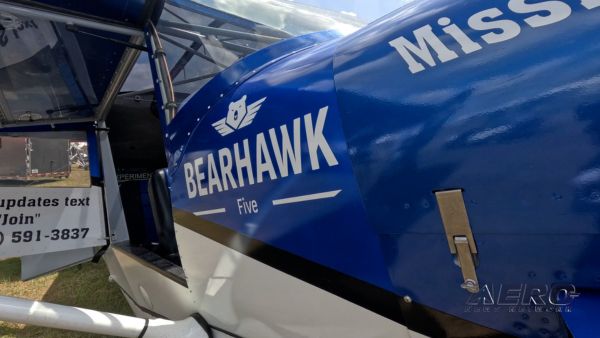Thu, May 08, 2025
Outboard Section Of The Right Wing And The Right Flap Separated In Flight And The Airplane Impacted A Farm Field
Location: Watkinsville, Georgia Accident Number: ERA23FA209
Date & Time: April 26, 2023, 14:25 Local Registration: N123DS
Aircraft: Cessna 177B Aircraft Damage: Destroyed
Defining Event: Loss of control in flight Injuries: 2 Fatal
Flight Conducted Under: Part 91: General aviation - Personal

Analysis: The pilot was approaching his destination airport under instrument flight rules (IFR) and in instrument meteorological conditions. The air traffic controller issued a northeasterly heading for the pilot to intercept the final approach course. The controller then informed the pilot that he would be vectored through the final approach course to accommodate preceding traffic. The controller then instructed the pilot to turn right to a southwesterly heading. The controller observed the airplane descending and a low altitude alert activated. The controller instructed the pilot to maintain 3,000 ft. The pilot read back the altitude; this was the last transmission from the pilot. The controller then instructed the pilot to fly a westerly heading and no further responses were received from the pilot. Track data revealed that the airplane continued in a right, descending turn until radar contact was lost. The outboard section of the right wing and the right flap separated in flight
and the airplane impacted a farm field.
Postaccident examination of the airframe, engine, and propeller did not reveal evidence of a pre-existing mechanical malfunction or anomaly that would have precluded normal operation. All fracture surfaces on the separated right wing section displayed fracture features that were consistent with overstress-induced separation. The weather conditions at the time, in addition to the successive heading changes given to the pilot, were conducive to the onset of spatial disorientation.
Although one of the pilot’s toxicology specimens tested positive for gabapentin, a disqualifying medication that can cause dizziness, drowsiness, blurred vision, and sedation, the pilot’s passenger (his spouse) was prescribed the medication and intermingling and contamination of the samples were possible; therefore, it is unlikely that the pilot had taken the medication.
Probable Cause and Findings: The National Transportation Safety Board determines the probable cause(s) of this accident to be -- The pilot’s spatial disorientation and subsequent loss of airplane control, which resulted in an in-flight overload separation of the right wing during the uncontrolled descent.
More News
Also: Tentative AirVenture Airshow Lineup, Supersonic Flight Regs, Private Pilot Oral Exam Guide, Boeing Deal The sport aircraft business can be a tough one... especially when Moth>[...]
Also: Virtual FLRAA Prototype, IFR-Capable Autonomous A/C, NS-32 Crew, Golden Dome Missile Defense Bombardier announced that the first production Global 8000 successfully completed>[...]
On-Course Indication An indication on an instrument, which provides the pilot a visual means of determining that the aircraft is located on the centerline of a given navigational t>[...]
“While we are relieved that no one was injured, the destruction of our aircraft will have severe consequences on our operations, and it is a personal blow to our dedicated te>[...]
Aero Linx: Ercoupe Owners Club We fly an airplane that was the peak of pre-World War II development. It took more than a decade and a half before the features of the Ercoupe were t>[...]
 Airborne 05.19.25: Kolb v Tornados, Philippine Mars, Blackhawk Antler Theft
Airborne 05.19.25: Kolb v Tornados, Philippine Mars, Blackhawk Antler Theft Airborne 05.23.25: Global 8000, Qatar B747 Accepted, Aviation Merit Badge
Airborne 05.23.25: Global 8000, Qatar B747 Accepted, Aviation Merit Badge ANN's Daily Aero-Term (05.23.25): On-Course Indication
ANN's Daily Aero-Term (05.23.25): On-Course Indication Aero-News: Quote of the Day (05.23.25)
Aero-News: Quote of the Day (05.23.25) ANN's Daily Aero-Linx (05.23.25)
ANN's Daily Aero-Linx (05.23.25)



